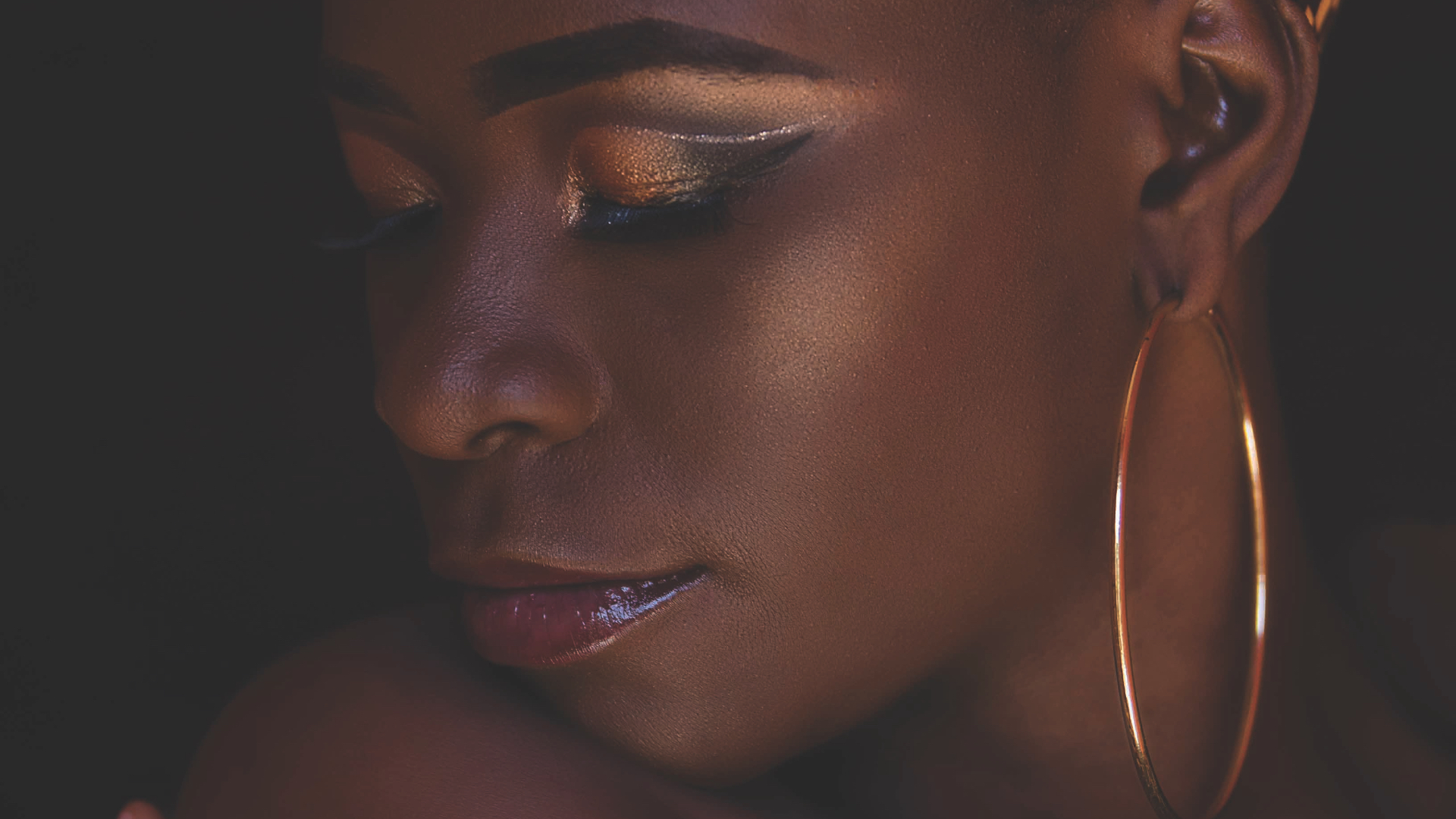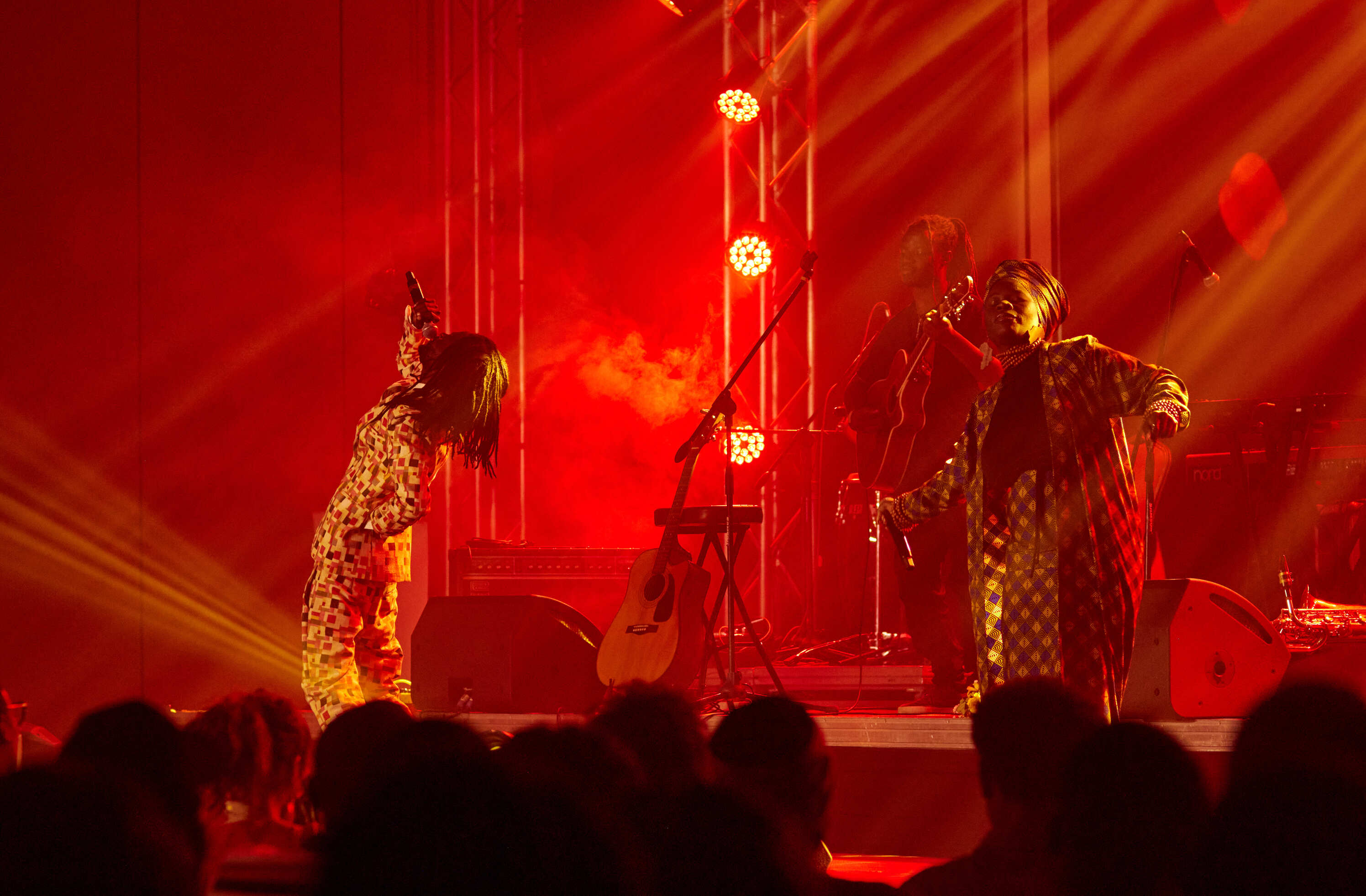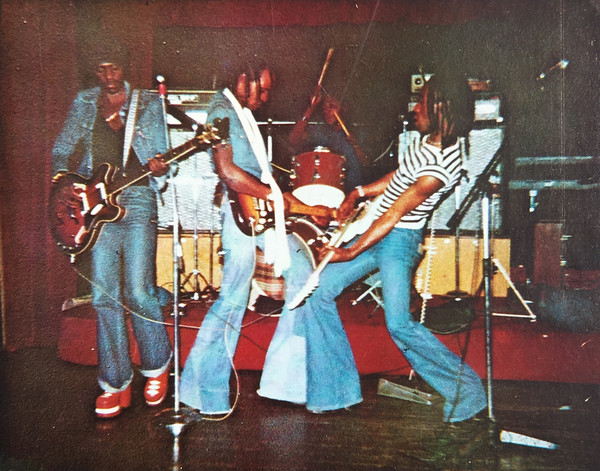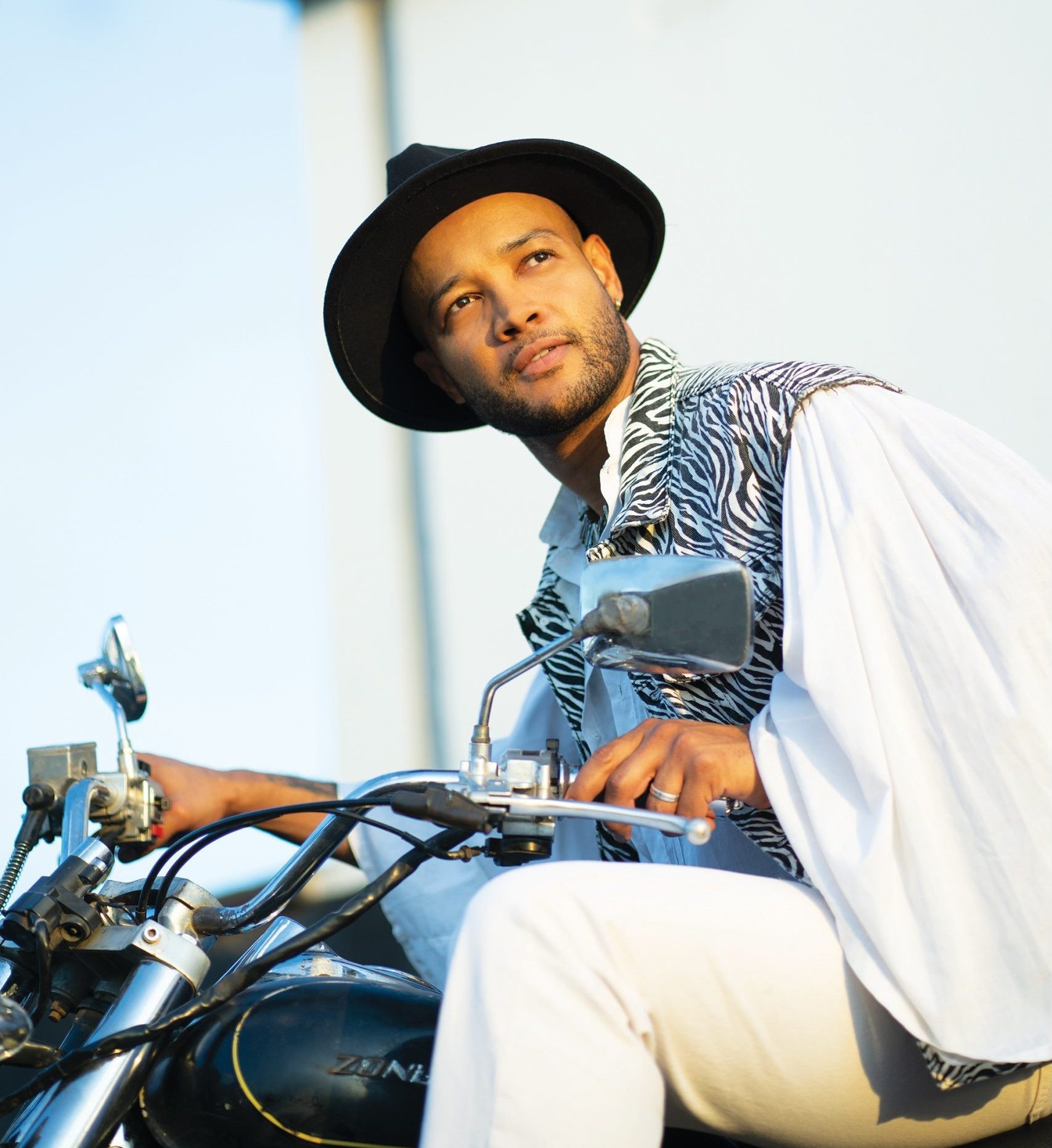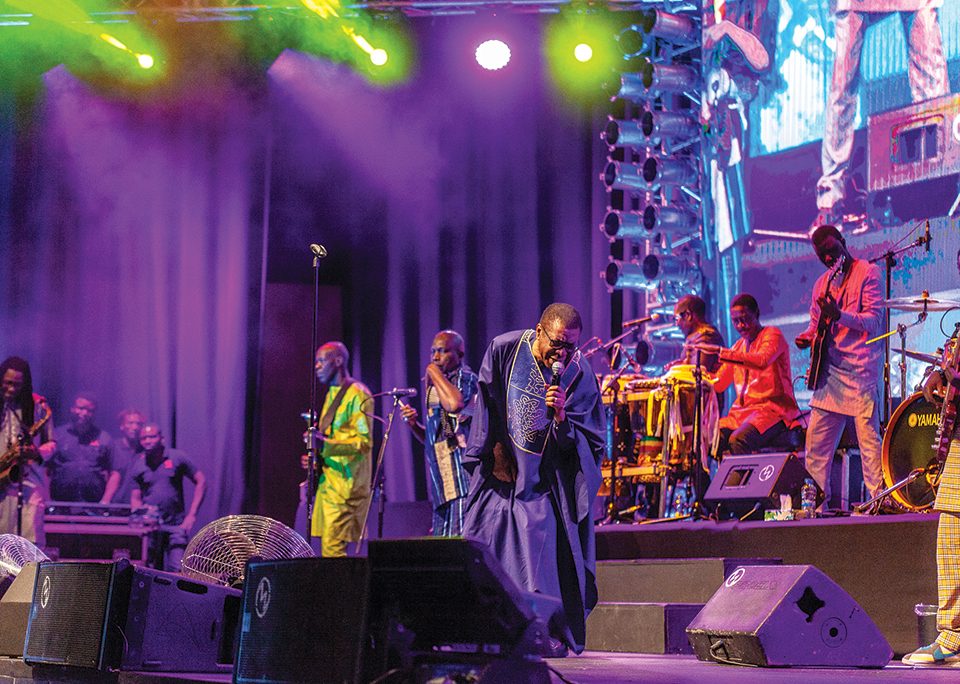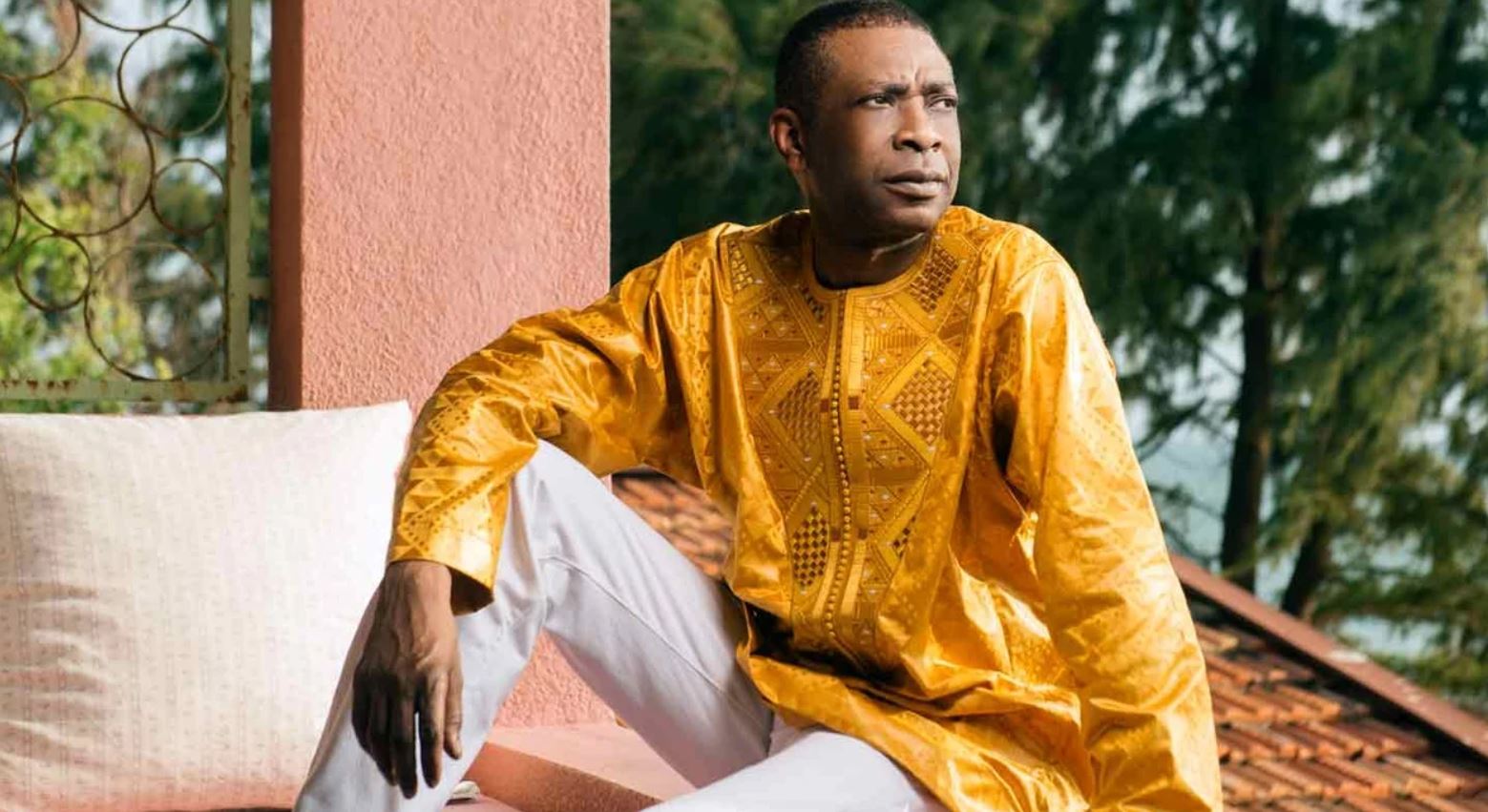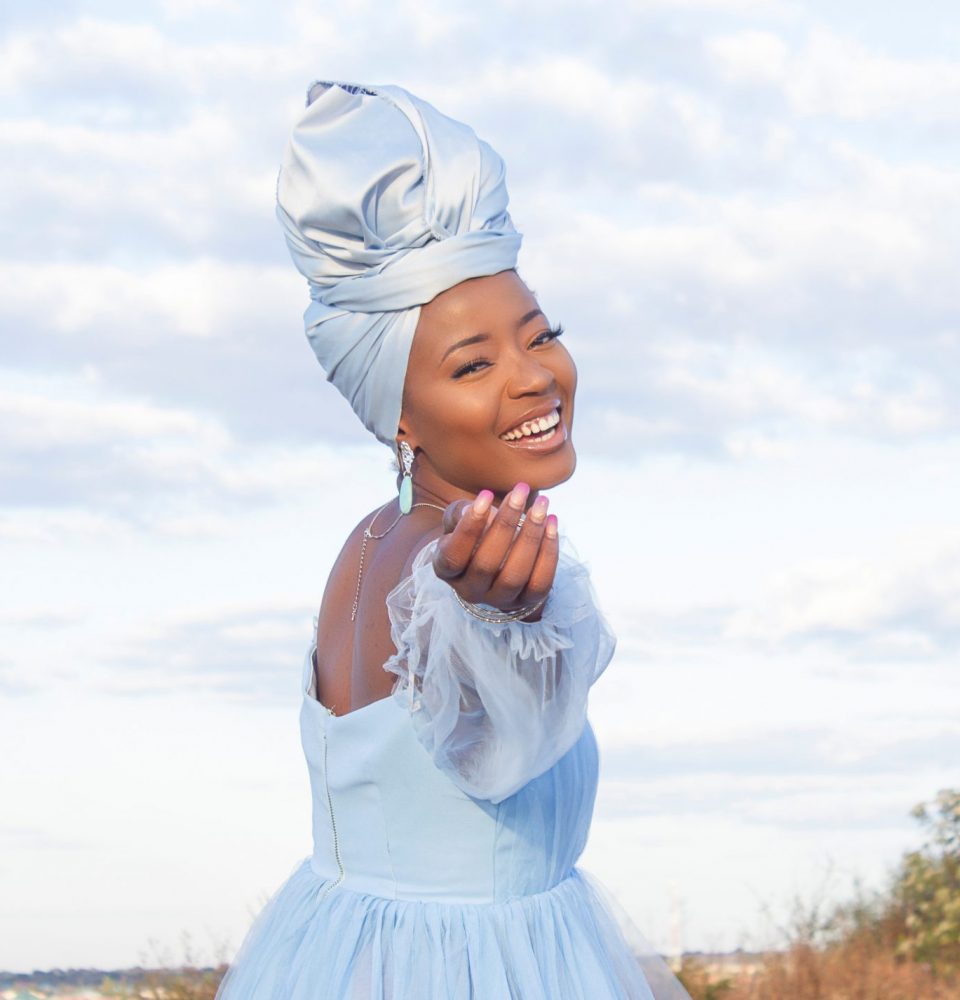Past meets present
Depending on which generation of Zambians you ask, their definition of Zambian music will be varied but nothing short of interesting. Zambia is an eclectic nation, in musical tastes as well as diversity of the people that inhabit its borders. What can you expect from a nation with 72 tribes?
From the famed Zamrock era of the 1970s that saw bands like Musi-O-Tunya and The Witch (aka WITCH) as well as Paul Ngozi and the Ngozi Family, with their combination of traditional African music with psychedelic rock and funk, to new age punk-grunge rock sounds of Stasis Prey and Junk Head, kalindula, hip hop, RnB, Afro-soul and even EDM, Zambian music has something for every musical taste.

Music has always been a medium for liberation and a dynamic form of expression. At this time where we commemorate our liberation and look back at how far we’ve come, Nkwazi took the opportunity to talk to some of Zambia’s leading artists to discover what legends of Zambian music inspired them to get to where they are today.
Sam Sakala, popularly known as Dope G of the Zone Famfame, explains that there are a number of eras in the Zambian music timeline that have impacted his artistry.

“The Mondo Music era, for example, is my favourite in Zambian music because it represented a visible change which upped quality, diversity and making the music younger than what we were accustomed to,” he reveals. “Watching Daddy Zemus taught me how to rhyme, Mainza taught me to strive for a world class sound even when the target market is local. The Rhythm Nation Project (2000) embodied all aspects of Zambian life and would segue from serious subject matters to comedy skits which before then was unheard of.” He also adds that even his mum’s disco music influenced him and inspired his single ‘My Hair.’
He goes on to say, “the legends I mentioned first also had a freedom in their music which embodied a form of unparalleled diversity. There was a time when Lusaka based artists would only make music in Nyanja but the Rhythm Nation Project was all encompassing. It is because of them that I don’t feel the need to limit where I can take my creativity and who I can collaborate with when making music.”

Dope G, however, notes that freedom of speech and of expression still has its limitations. He adds that every artist knows they have to be careful with exactly what they express in their music; certain topics are considered too sensitive by some sections of society.
Dope G would love to push the envelope by sampling The Witch. “They played some amazing live music at a level no other Zambian band has reached.” Zamrock meets hip hop; this would be a musical offering to remember.
He describes his music as a journal documenting his life’s journey. Music not only gives insights into a nation’s history but also that of its creators. Dope G believes his lyrics over the years show his growth and transition into “the real adult world” and this is something he will address in his upcoming album Samson.
Dope G is not the only one who draws inspiration from Zambia’s rich musical heritage. Singer and songwriter, Victoria Wezi Mhone, professionally known as Wezi or Wezi HeartSound, draws much of her inspiration from Zambian legends like Joyce Nyirongo, The Mulemena Boys, Maureen Lilanda, and PK Chishala.
Singing a genre of music that she describes as Afro-soul, Wezi details that she draws the most inspiration from the creativity they employ in their storytelling.
“My favourite thing about Zambian music is being able to use it to not only empower myself but others too, by using my words to fight social injustice.”
Her advocacy through music has seen her become a part of many campaigns including taking up the role of ambassador on campaigns against early child marriages and gender based violence.
Wezi has just released an album titled Leiloe, which she promises to be full of more empowering storytelling.
For many Zambians in the music industry, the way was paved by pioneers such as Izrael, formerly Exile. Izrael’s music has always been a hybrid of different types of music from the past and present, local and international. His story starts with artists like Ackim Simukonda, PK Chishala, Paul Ngozi, Ricky Ililonga, The Amayenge Band and The Mulemena Boys.
“For me, they were the pioneers of what we do now, if they didn’t get the ball rolling then I think most of what we do now would go unnoticed. They symbolised the genesis of the so called ‘modern Zambian music’ because like today’s music theirs was also influenced by outside music such as rock, pop, rumba and yet they still maintained a distinct element of originality and Zambian identity,” Izrael reveals.
Izrael would have loved the chance to create music with the late Ackim Simukonda and when you listen to classics like Ackim’s ‘Bana Bandi’ you can get a clearer understanding of Izrael’s influences.
He says that the best thing about Zambian music is simply that it’s Zambian.
“I can understand most of it. I’m sure even those that are in the diaspora would agree that there is a pleasant relief that comes on you when you hear a song from home.”
He has done a number of collaborations with his wife Nalu, and has described her talent as unmatched.
“I think her impact on the Zambian music scene cannot go without recognition although it often does. She raised the bar for female artists in the country and continues to do so because she’s different, her vocal range is unmatched,” he explains.
“Her influence is evident in most of the current local female artists’ music. I don’t just say this because she’s my wife but because she’s very gifted and I know people haven’t even heard or seen half of what she’s truly capable of.”
From speaking to three of Zambia’s top artists at the moment it is clear that though their work may be labeled as modern Zambian music, they look to the past for inspiration and have great respect and admiration for the Zambian music legends that came before them.
